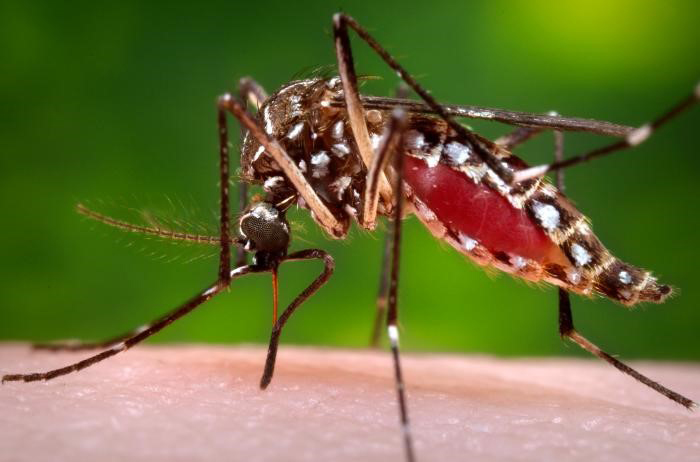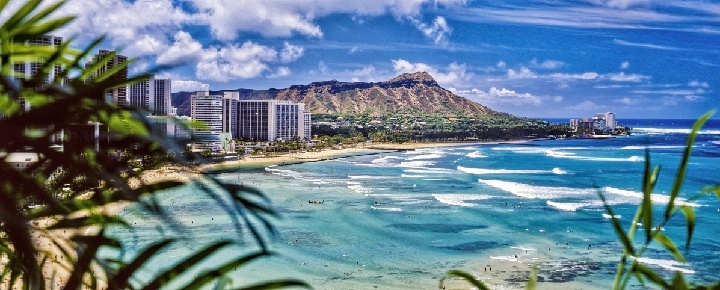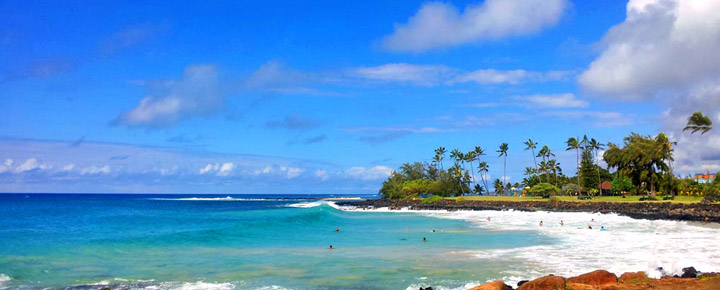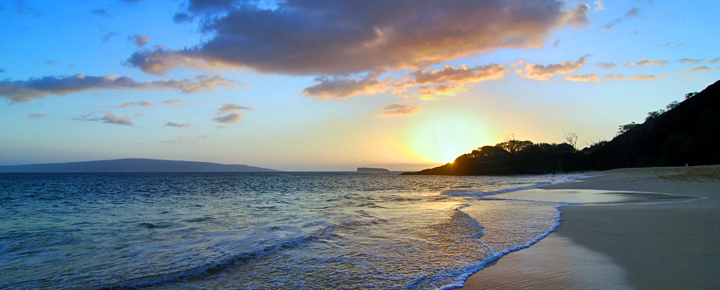The Hawaii Department of Health has confirmed another travel-related case of dengue fever, this time on Maui, the second such case this week after Oahu. The last incident before these happened was in December. At the time, the Hawaii Department of Land and Natural Resources reminded residents that mosquitoes only require small amounts of standing water, such as in buckets, plants, small containers, or planters, to breed.
This week’s cases, and several others in 2023, include people who recently traveled to locations outside the United States where dengue fever is endemic, according to the Hawaii Department of Health.
Dengue fever is a mosquito-borne viral disease that occurs in tropical and subtropical regions. Symptoms include sudden onset of fever, severe headache, joint pain, eye pain, and rash, which usually clear up within 1 to 2 weeks. However, in rare cases, it can progress to dengue hemorrhagic fever, which can lead to death.
There is no cure for dengue fever, but we will discuss precautions to take while traveling and advances in vaccines below.
Hawaii is home to several types of mosquitoes that can transmit dengue fever.
but, Dengue fever It is not established or endemic within Hawaii. For now, recent cases are limited to travelers returning from other affected areas.



In 2016, there were 250 confirmed cases of locally acquired dengue fever in Hawaii.
The last locally transmitted case of dengue fever in Hawaii was in 2016. Dengue fever was an emergency at the time, especially on the Big Island of Hawaii, and a state of emergency was declared due to the outbreak. With 250 confirmed cases in four months, it is Hawaii’s largest dengue outbreak in 70 years. Of the cases, 25 were travelers to Hawaii and 227 were residents.
This outbreak was likely the result of introduction of dengue fever via infected travelers, which was sustained by subsequent community transmission.




Why is dengue fever not endemic in Hawaii?
This is mainly due to geographical and environmental reasons, as well as the absence of large numbers of the Aedes aegypti mosquito that causes dengue fever.
The remote location of the Hawaiian Islands provides a natural barrier to the spread of dengue fever. Combined with the limited presence of dengue mosquitoes, the chances are further reduced.
Hawaii’s climate is also a factor. While Hawaii’s climate is clearly mosquito-friendly, as many travelers can attest, conditions are ideal for the broader mosquito breeding and virus transmission noted in dengue endemic areas. is not in place. Hawaii’s seasonal variations in precipitation and large temperature fluctuations also generally help reduce mosquito proliferation.
The state has strict controls in place, including mosquito surveillance and control efforts and public health interventions. Being proactive in Hawaii can help minimize the risk of infection and prevent outbreaks.




Is it possible that dengue fever becomes endemic in Hawaii?
There remains a risk that dengue fever could become endemic in Hawaii. Here’s why:
- Increase in Aedes aegypti or Aedes aegypti. It can be caused inadvertently by the movement of cargo or people.
- Changes in temperature and precipitation due to climate change may create more favorable conditions for mosquitoes.
- As happened in 2016, global travelers from dengue-endemic areas could once again bring the virus to Hawaii, potentially causing community transmission again.
Dengue vaccine.
The only commonly available treatment is prevention. Effective prevention strategies center on avoiding mosquito bites.
Development of a vaccine against dengue fever has been ongoing for 100 years. Progress is said to be hampered by challenges associated with generating immunity against the four serotypes of dengue virus.




Two vaccines are commercially available: Dengvaxia and Qdenga.
Dengvaxia is primarily intended for people who have had dengue fever before or who live in certain areas where most people are already exposed to dengue fever. The main reason for this is that people with no previous infection may be at increased risk of severe dengue.
However, Qdenga is designed for people who have never been infected before.
Several other vaccines are in development and show promise.




Tips to avoid mosquito bites in Hawaii.
Although dengue fever is not endemic in Hawaii, it is best to avoid mosquito bites.
- Be careful during peak mosquito activity before sunset and after sunrise, in the shade, and in freshwater areas.
Choose accommodations that are well screened or air conditioned. - If you have mosquitoes, consider treating the room with a natural or chemical repellent and vacating the area after spraying.
- Wear protective clothing such as long pants, socks, and long-sleeved shirts as your first line of defense, especially near sunrise or sunset.
- Clothing may have built-in mosquito repellents.
- Use insect repellent. Repellents recommended by the CDC include DEET, picaridin, oil of lemon eucalyptus (OLE), PMD, and IR3535.
Dengue fever is endemic in Central and South America, Asia (including the Philippines), the Middle East, Africa, some Pacific Islands (U.S. territories, American Samoa, the Federated States of Micronesia, the Marshall Islands, and Palau), and the Caribbean (including Puerto Rico). The countries with the highest prevalence of dengue fever are Nicaragua, Belize, Honduras, and El Salvador.
We look forward to hearing from you.
